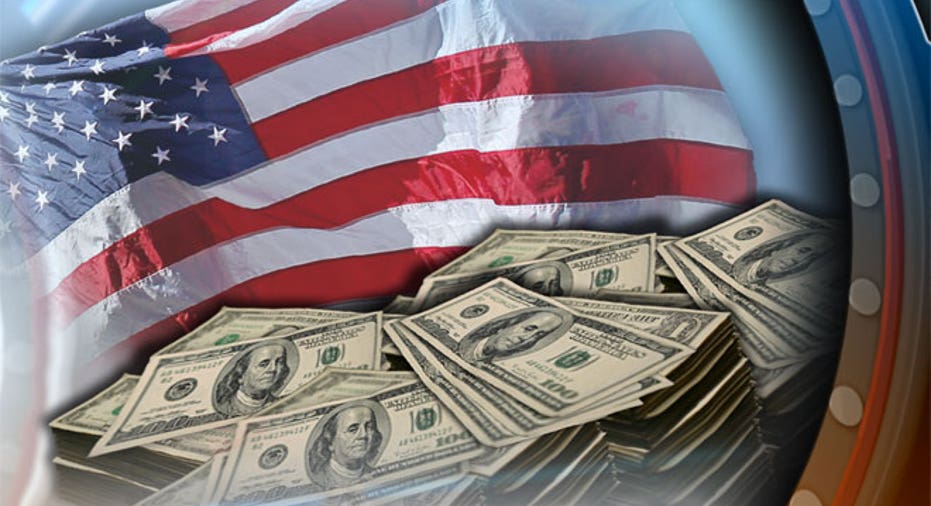Cost of Federal Regulation: $1.88 trillion

The Competitive Enterprise Institute (CEI) is out with its annual report that estimates that the U.S. economy was hit by $1.88 trillion in 2014 from the cost of complying with federal regulations and higher prices. It argues the cost of complying with federal regulations extends beyond taxes, deficits and borrowing.
“Federal environmental, safety and health, and economic regulations affect the economy by hundreds of billions of dollars annually,” CEI Vice President Clyde Crews said. The government, in a sense, does create jobs in the private sector—a massive vegetative, unproductive universe of workers dedicated to dealing with federal rules.
Washington is topsy-turvy with unelected bureaucrats who never ran a business but who claim they are smarter than executives, smarter than markets and know what is best for others. Unelected bureaucrats vow they can bring us nirvana, but “if rulemaking was the way to nirvana, we’d already be in the Promised Land,” as one pundit has said.
It’s not just the federal government. State governments are also applying a smothering pillow of regulations to businesses, whose owners spend a good chunk of their day, and profits, dealing with government.
Liberals on the left will shout, with a good dose of cynicism, “you’re trying to remove seatbelts, fluoride from toothpaste, you’re trying to bring back smog.” Argumentative attacks that distract from the broader point.
“Federal Regulation and Aggregate Economic Growth,” published in 2013 by the Journal of Economic Growth shows that federal regulation run amok is what has pancaked U.S. growth.
The problem is, the big guys, not the little guys, can afford to hire lobbyists and schmooze with special interest groups to negotiate the rules with the unelected vegetative bureaucracy. That puts their little guy competitors at a disadvantage. If you’re not at the table, you’re on the menu. You see it all the time with big banks versus the smaller, community banks.
And as bureaucracies exist to perpetuate themselves, the CEI says if U.S. federal regulation was a country, it would be the world’s 10th largest, ranked behind Russia and ahead of India. Regulation nation is bigger than Canada. Federal sources tell FOX Business the number of pages added to the Federal Register is now estimated to surpass 600,000 over the course of President Barack Obama’s two terms.
Meanwhile, inflation-adjusted federal tax revenues hit another record, $1.89 trillion, for the first seven months of the fiscal year. Tax receipts in April were the largest in seven years. Despite that, the federal government still booked a $282.8 billion deficit, says the Treasury Department.
Another problem with federal regulations, CEI points out, is that “they are unbudgeted.” Meaning, you don’t see regulations in the budget process. For every law passed, on average 16 regulations are created. “Regulatory compliance costs exceed what the IRS is expected to collect in both individual and corporate income taxes for last year—by more than $160 billion,” it says. CEI also notes that five dozen “federal departments, agencies and commissions have 3,415 regulations in development at various stages in the pipeline,” adding, “The top six federal rulemaking agencies account for 48% of all federal regulations. These are the Departments of the Treasury, Commerce, Interior, Health and Human Services and Transportation and the Environmental Protection Agency.”
It also says: “The George W. Bush administration averaged 62 major regulations annually over eight years, while the Obama administration has averaged 81 major regulations annually over six years. Generally defined as having an expected economic impact of at least $100 million per year.”



















